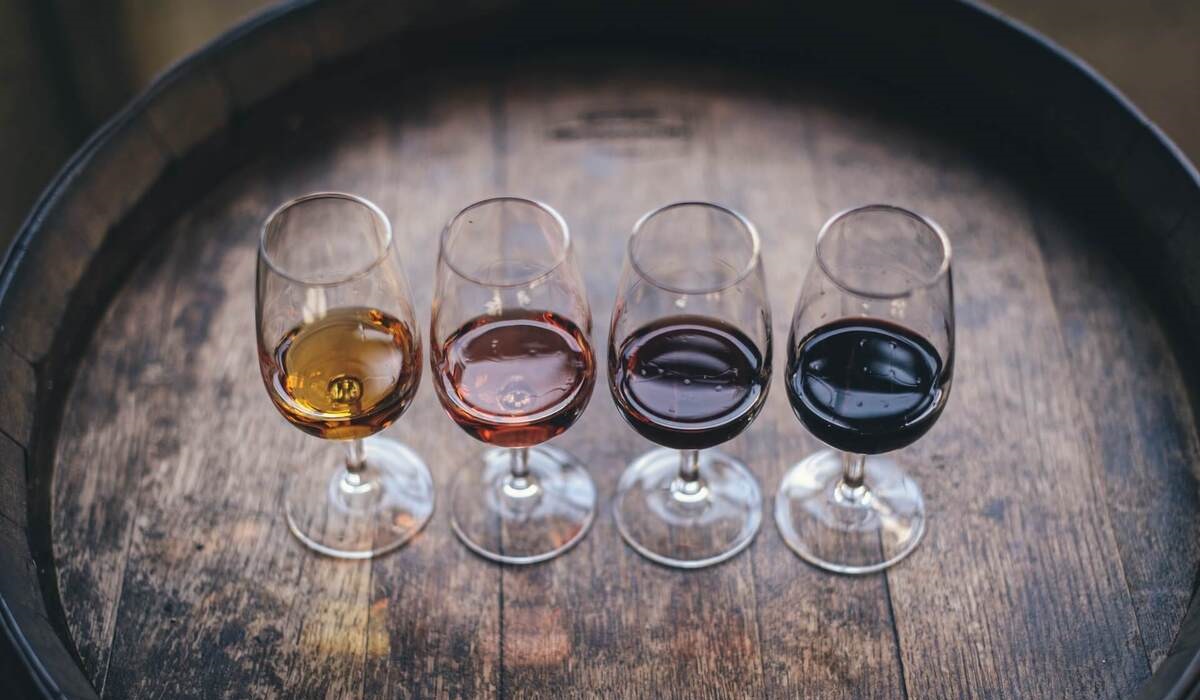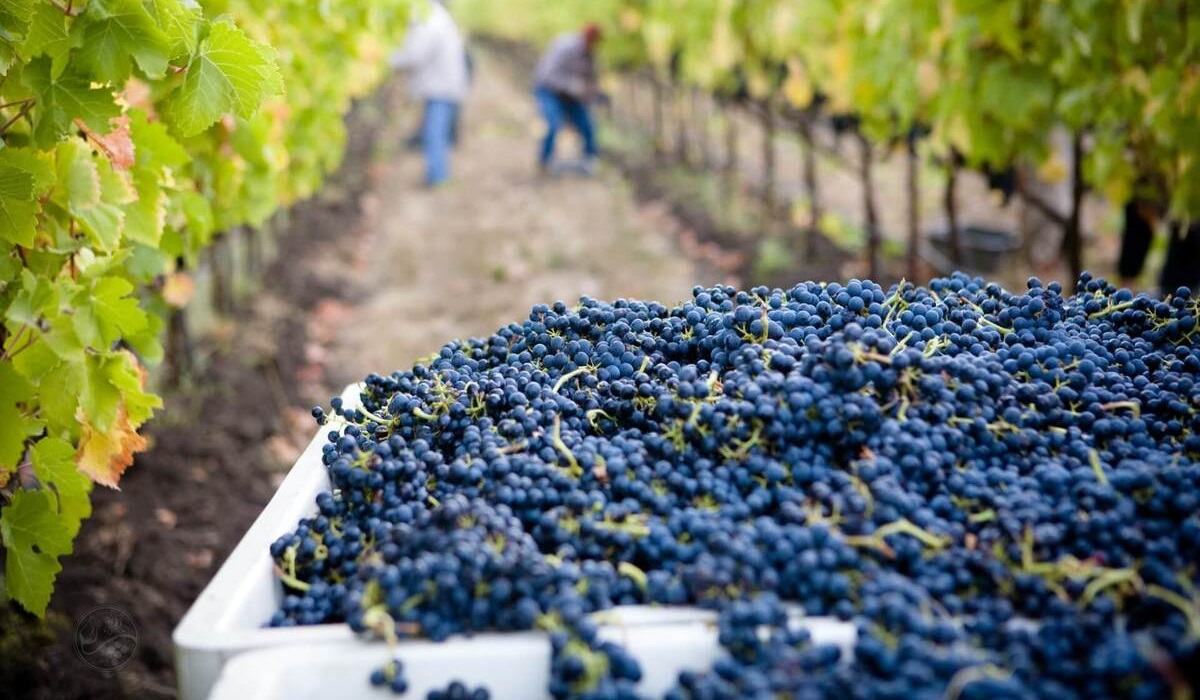Polyphenols have remarkable antioxidant properties, anti-carcinogenic properties, and antimicrobial properties. Still, though, some of us need to avoid them. Why? They will soon have their answer when a panel of wine sector experts assess wines made from the rootstocks under formal conditions at the University of Melbourne – ultimately determining their long-term winemaking prospects.
In 2011, Madeline Puckette was a 20-something sommelier serving wine across the bar when the idea popped into her head: “I should start a blog to help people learn about wine!”
Reliable Wine Information on Mobile
Live the wine lifestyle. Explore articles on travel, culture, people, and things that show life through the lens of wine.
Jone Mark
It’s frustrating to be standing in a wine shop, and you find a bottle that excites you with a QR code on the label, so you pull out your phone, and get a dead end.
Many producers want to include such codes on their bottles, but struggle to maintain links or keep the information at the end of the rainbow up to date. Leveraging the power of the Global Wine Database, winemakers can dynamically generate wine information cards with scannable QR codes that lead to vetted wine information.
Wine Regions open back up in 2021
Since 2014, the Mornington Peninsula Pinot Noir Rootstock Trial – involving growers from across Greater Victoria – has been comparing the performance of Pinot Noir scions grafted to14 different rootstocks on two commercial vineyards 15 kilometres apart and with more than 100 metres elevation difference. One vineyard is located in a warmer coastal area of the Mornington Peninsula, while the other sits in a cooler more elevated location.



At both vineyards, Pinot Noir clone MV6 was grafted to 14 rootstocks with three replicates per treatment and one panel per replicate. Grapevines were also planted on their own roots as a control.



